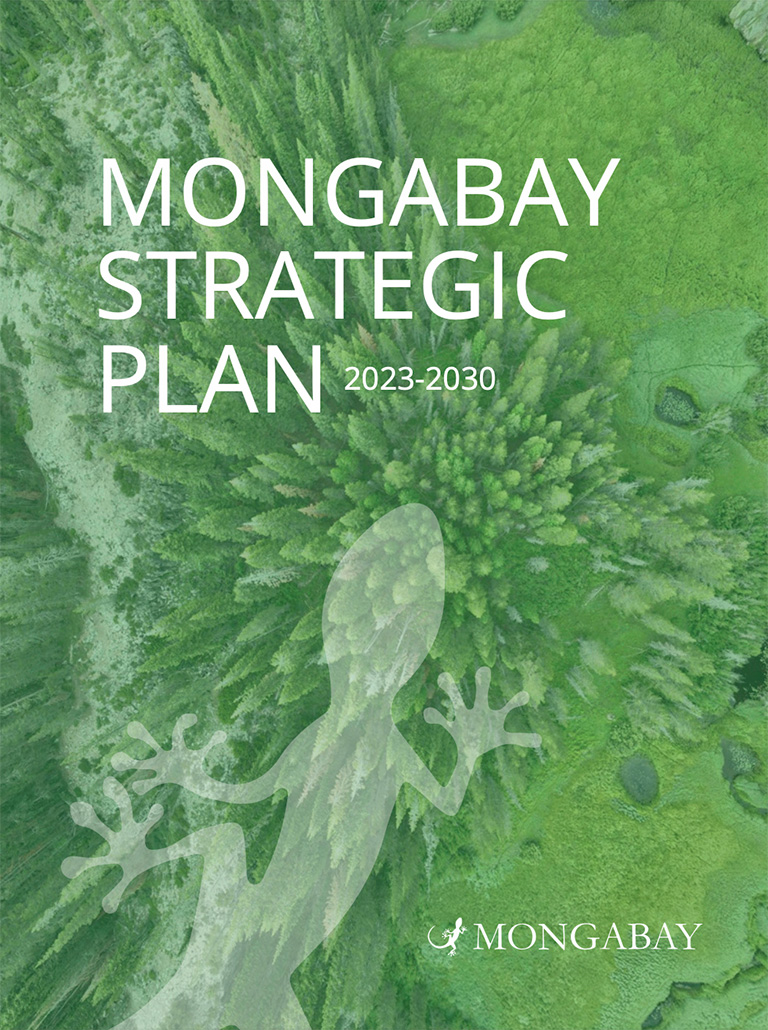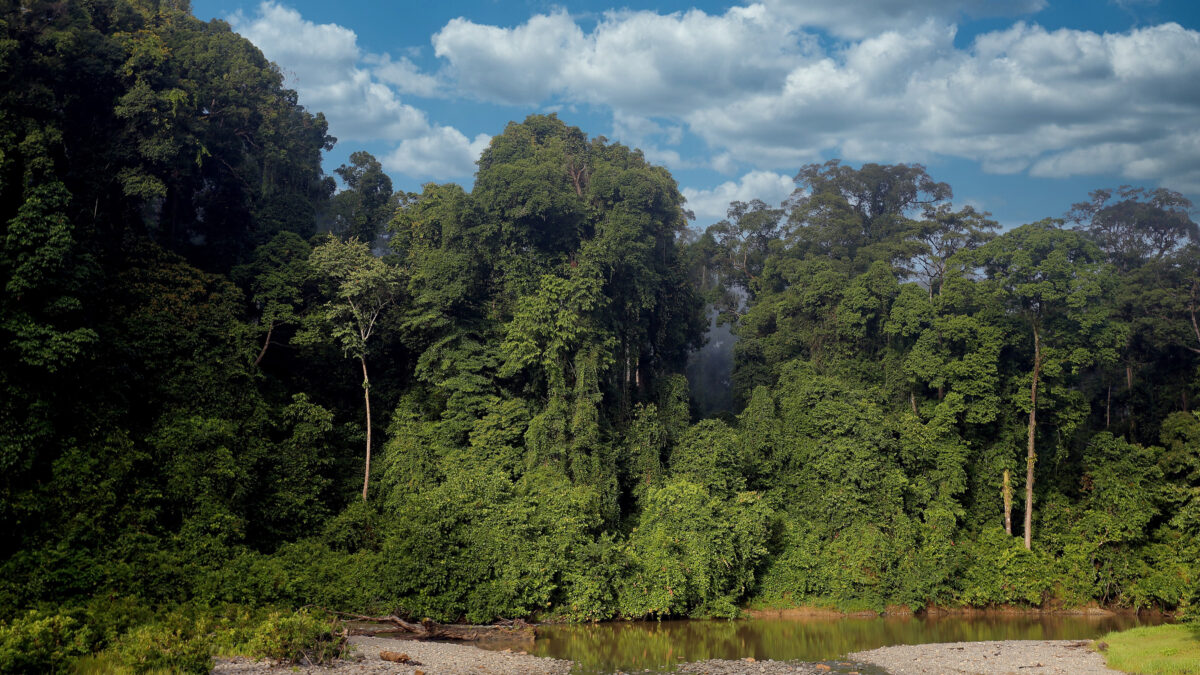Mongabay has experienced significant growth since its establishment in 1999, evolving from a single-person rainforest website into a multinational news organization with hundreds of staff and contributing journalists.
We have made tremendous progress, thanks to our newsroom’s ability to produce original journalism that creates tangible impact. However, the magnitude of the global challenges we face as a community necessitates ongoing expansion focused on areas and topics where Mongabay’s work can address significant gaps.
Mongabay’s strategy has always been rooted in the belief that journalism can contribute to real-world outcomes by raising awareness about the importance of nature, fostering accountability for environmental destruction, and inspiring people to work towards solutions.
We’ve focused on geographies where biodiversity is high, threats are acute, issues are relevant to our core coverage strengths and there are legal frameworks under which credible journalism can operate. Although we now create original content in multiple languages and have a presence in numerous countries, the urgent need for transformative action on global environmental crises, such as biodiversity loss, climate change, and pollution, is abundantly clear. The time available to mobilize is dwindling.
Given this context, Mongabay’s strategy is to establish a collaborative journalism network at national, regional, and global levels to address the challenges of this crucial decade.
To help our readers understand how we plan to expand our impact in the coming years, we have published a public version of our 2030 strategic plan:


